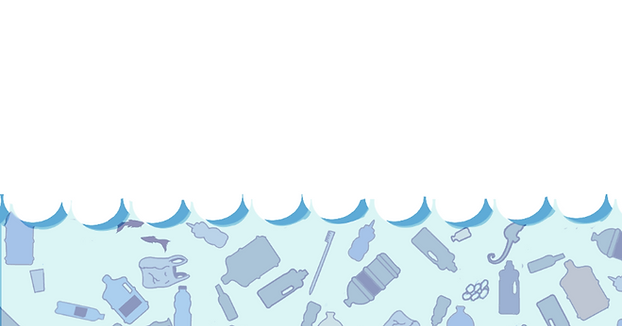Seasearch has provided key data to show the presence of species and habitats on the seabed that are being used to designate the detailed location of Marine Protected Areas right across the UK. Without the contribution of over 250,000 species and habitat records from this dive survey programme since the 1980s, there would be little information in inshore waters by which we select sites. All stakeholders – whether supportive or not of the drive to get a network of marine protected areas in place, recognise the vast, unrivalled contribution of seasearch to achieving such an important network for
marine conservation, for now, and for future generations.Seasearch data is currently being used in England, Scotland and Wales to assist in the identification of marine conservation areas.Back to Projects: Marine Conservation Society 2010
Global Ocean supports the work of the Marine Conservation Society (MCS) and has dedicated some of 2010’s funds to:
Seasearch
Seasearch is a UK based volunteering initiative for sports divers
interested in the marine environment and conservation issues.
It is coordinated by the MCS and aims to map the different types
of seabed around the UK coast as well as to collect data on the
local marine life, to highlight key areas that are in need of
protection.
2010 has been an extremely successful year for Seasearch and
so far 2053 data forms have been submitted with 2010 data. Follow
this link to view a summery of the 2010 achievements.
Last summer Seasearch also revisited Lyme Bay to assess the
state of the seabed since the cessation of scallop dredging in 2008. Thankfully there has already been some evidence of recovery of the seabed habitats, highlighting that areas damaged by destructive scallop dredging can improve when the pressure is removed. See here for a full update.
In addition Seasearch data has been extensively used for the MCS ‘Your Seas Your Voice’ campaign, aiming to encourage the public to contribute their opinion to proposed protected sites around the UK.
Read the latest update on this project here.
Legal work
MCS has been gathering evidence on illegal fishing activities in Special Areas of Conservation and has sent a Freedom of Information request to Natural England to gather information on ongoing damaging activities in new SACs.
From this correspondence it has been reveled that there has been continuing damaging fishing activities in the areas of the new South Devon candidate Special Areas of Conservation, particularly in the case of eastern Lyme Bay. MCS has written to the statutory authorities to regulate this damaging activity – but unfortunately they’re waiting for ‘more evidence’ before taking any measures.
In response to this MCS is meeting with lawyers later this month to take the next steps. Jean-Luc Solandt (MSC Biodiversity Policy Officer) has also presented the legal work on damaging fishing in current MPAs, and implications for the future MPA network at the Coastal Futures conference on 20th January.
Global Ocean has supported Seasearch, MCS's programme for volunteer
divers who want to contribute to marine conservation. Seasearch provides
training in how to collect marine habitat and species data and organises
survey dives all around Britain and Ireland. The resulting database contain
over 250,000 records and this is backed up over 180 survey reports, all of
which can be downloaded from the Seasearch website.
The Global Ocean funds were split between the national project –
contributing to the training materials and data handling aspects that are
essential to effective delivery, and supporting three MCS coordinators in
North East England, East Anglia and Devon in their training and survey
activities. England was targeted partly because of the urgent need for data
for the marine conservation zones project but also because, unlike in
Scotland, Wales and Northern Ireland, no funding was available from the
government conservation agency, Natural England.
2010 was a record year for Seasearch, both in terms of the overall number of survey forms received and the quality of the data; with a significant increase in the number and proportion of high level Survey forms received. We involved 650 volunteer divers and ran 52 courses covering the introductory Observer Course, the advanced Surveyor Course and specialist courses in marine life identification for divers, including some difficult to identify groups. A summary report of Seasearch activities and findings in 2010 can be found here.






